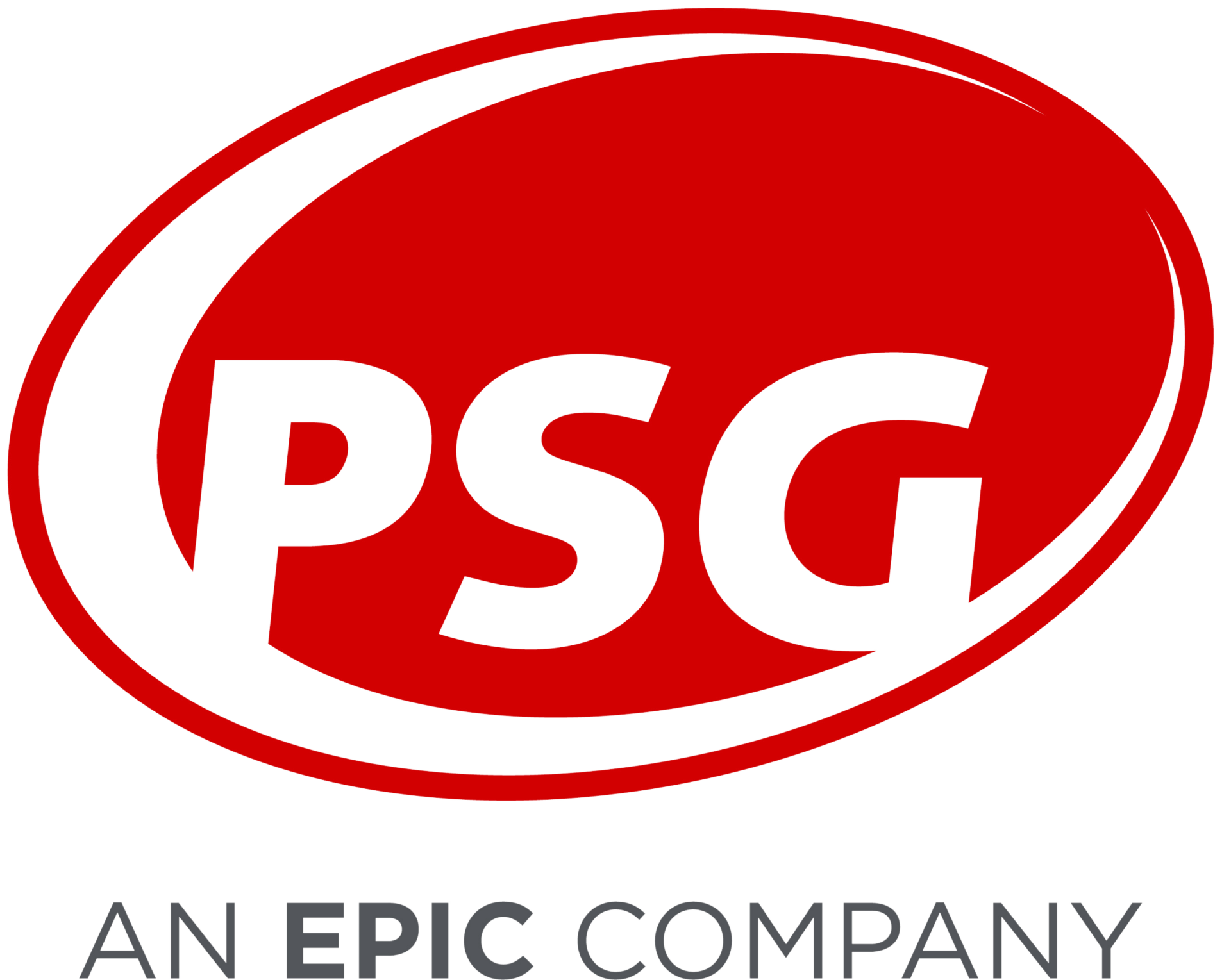Three Proactive Strategies for Reducing Waste in Your Plan’s Formulary
Posted on August 14, 2019
Drug cost management is a top priority for plan sponsors. It’s no wonder, then, that the concept of eliminating waste from plan formularies has widespread appeal. In reality, there will always be some level of waste.
We operate in a highly-flawed system, with misaligned incentives and volume-driven approaches ensuring that many PBMs are neither equipped nor motivated to remove non-essential drugs from a plan’s formulary. To truly mitigate waste, plan sponsors can employ proven best practices with data-driven approaches, including:
- Monitor your pharmacy claims data and use the information to drive your strategies. First, be aware of high-cost outlier claims and address them immediately with your PBM in case coverage changes are needed. Failure to act quickly resulted in $1.6M in wasted dollars for one plan sponsor who failed to address high-cost outlier claims for topical Doxepin cream when first identified. Second, be alert to new drugs in the pipeline, new drug approvals and new NDCs making it into the drug files. Take an active role in formulary-placement decisions with your PBM for these products.
- Take ownership of your formulary—don’t settle for a one-size-fits-all approach. Plan sponsors should find opportunities to update their PBM contract to include language requiring earlier notification of formulary changes. The usual notification timeline is 30 to 60 days, which does not give plan sponsors enough time to evaluate the potential impact of such changes. Your contract should also permit you to have a say in which drugs can be added to or removed from your formulary.It’s important to understand that having the ability to make formulary changes may have other consequences. PBMs may tell plan sponsors who want to make formulary changes that they will be charged a “custom formulary maintenance fee” and that their plan won’t receive any new protocol updates that go across standard formulary lists. Your PBM may also claim that any adjustments to the formulary will impact the rebate guarantees in your contracts.All things should be considered, but we have found that often the cost savings far outweigh the loss of rebates. Don’t let the fear of losing rebates deter you from exploring your options. If your PBM attempts to adjust your rebate guarantees, you should ask for all supporting data and information—including claims information for your plan’s utilization by drug—to determine if the rebate adjustment is reasonable and appropriate. You should also request the clinical rationale of including non-essential drugs with high rebates on the formulary, the total cost of such drugs and the total after-rebates cost to your plan.
- Prevent leakage of non-essential drugs by excluding them from your plan, not just your formulary. Most PBM formularies with exclusions have a path to coverage through prior authorization or exception components that enable members to seek approval for excluded products. The criteria for these prior authorizations and exceptions are often incredibly loose, allowing utilization of non-essential drugs when it’s not medically necessary. The standard appeals process that requires an actual medical review is a better way to help members obtain access to plan-excluded drugs—if they are truly medically necessary.
The time to reduce waste is now!
Plan sponsors cannot rely on their PBMs alone to identify and exclude wasteful drugs from their formularies. As more and more “bad-actor” drugs enter the market and drive up costs, plan sponsors must be proactive in their waste-reducing strategies. They can be empowered with access to data and marketplace intelligence to make informed decisions on how their plan’s formulary should be structured in order to reduce unnecessary drug spend on non-essential medications.
Don’t let formulary waste drive your costs out of control. Contact PSG for a consultation today or download PSG’s solution overview to learn more.

